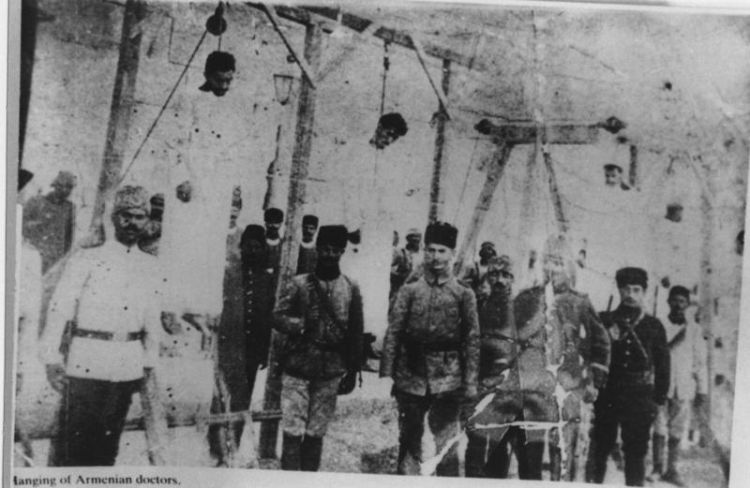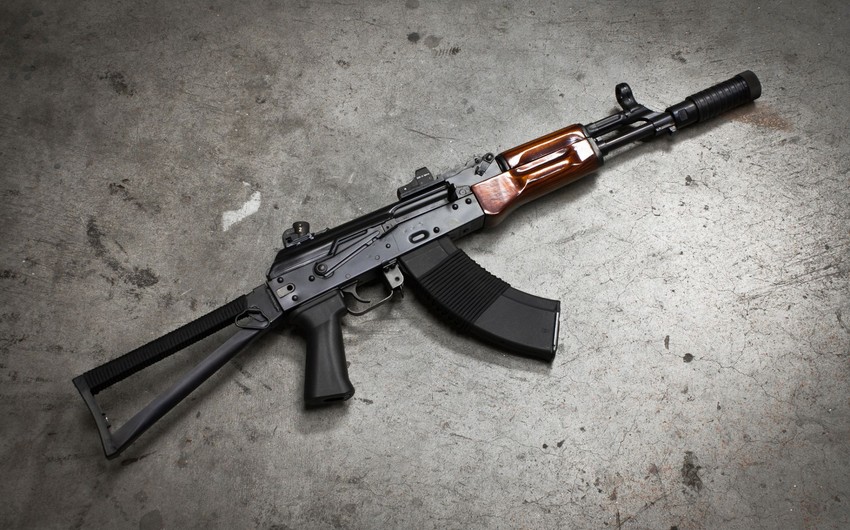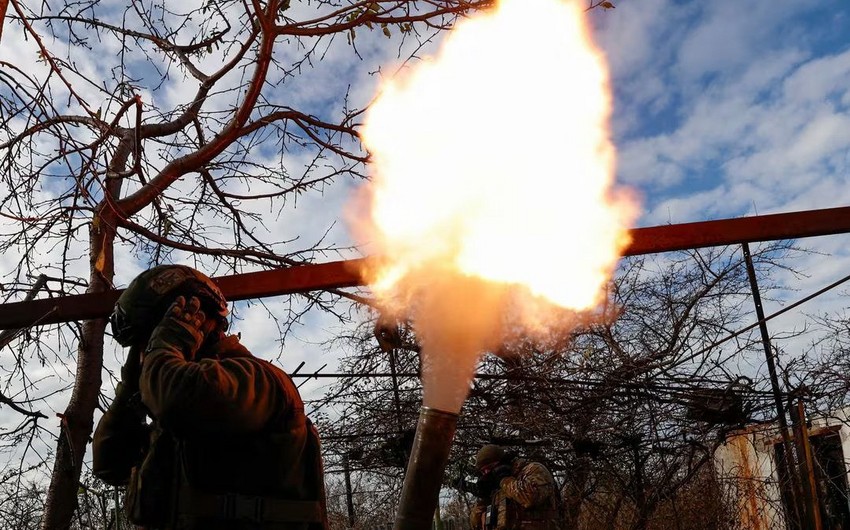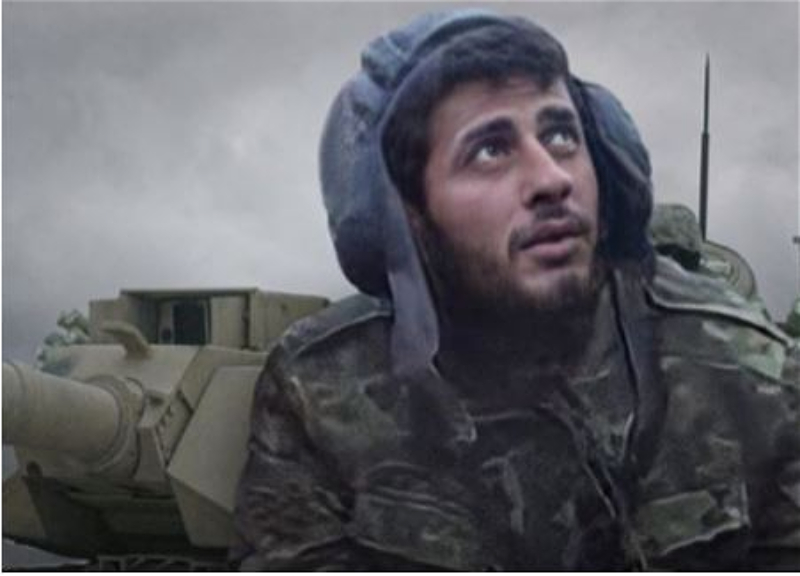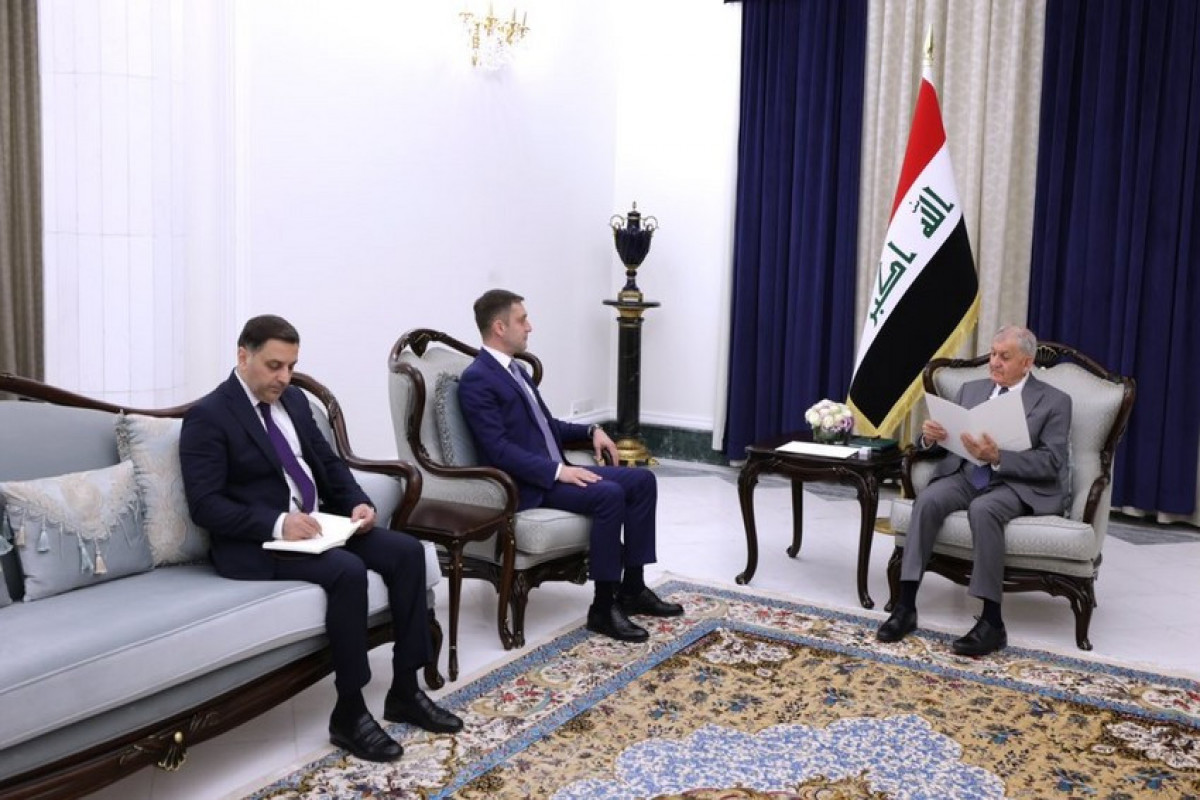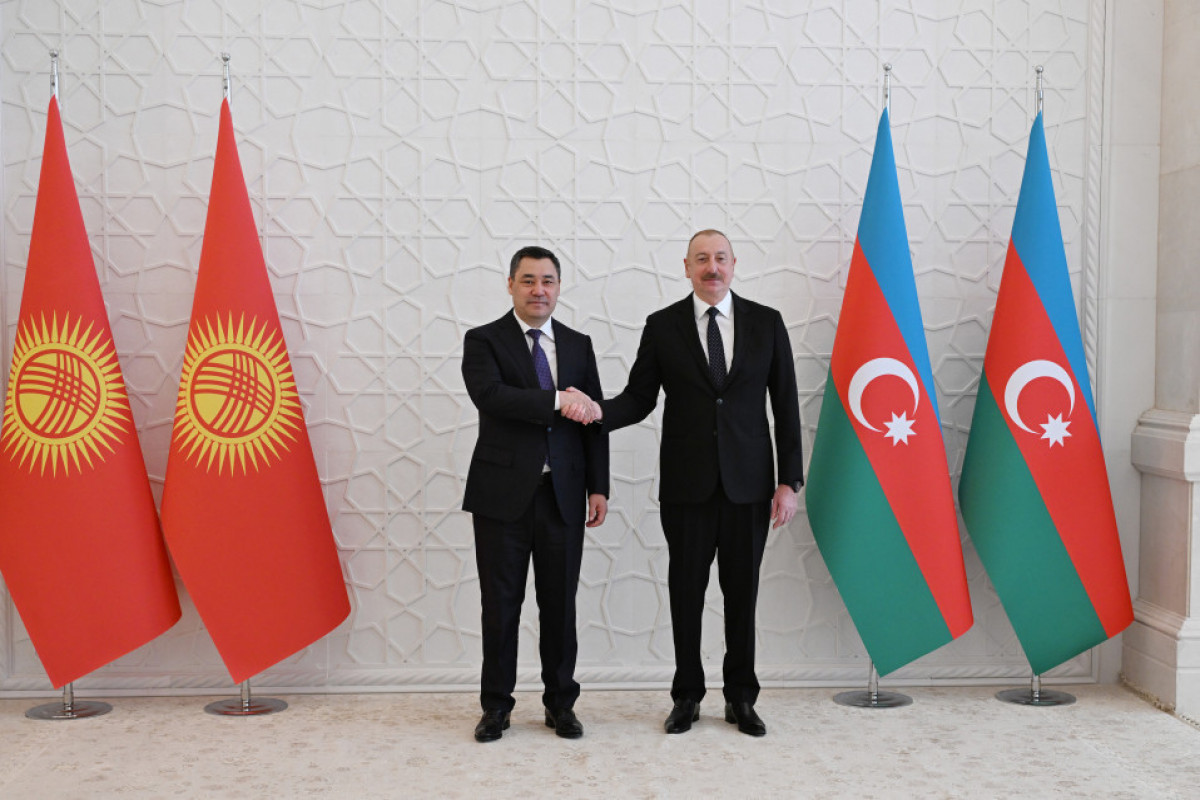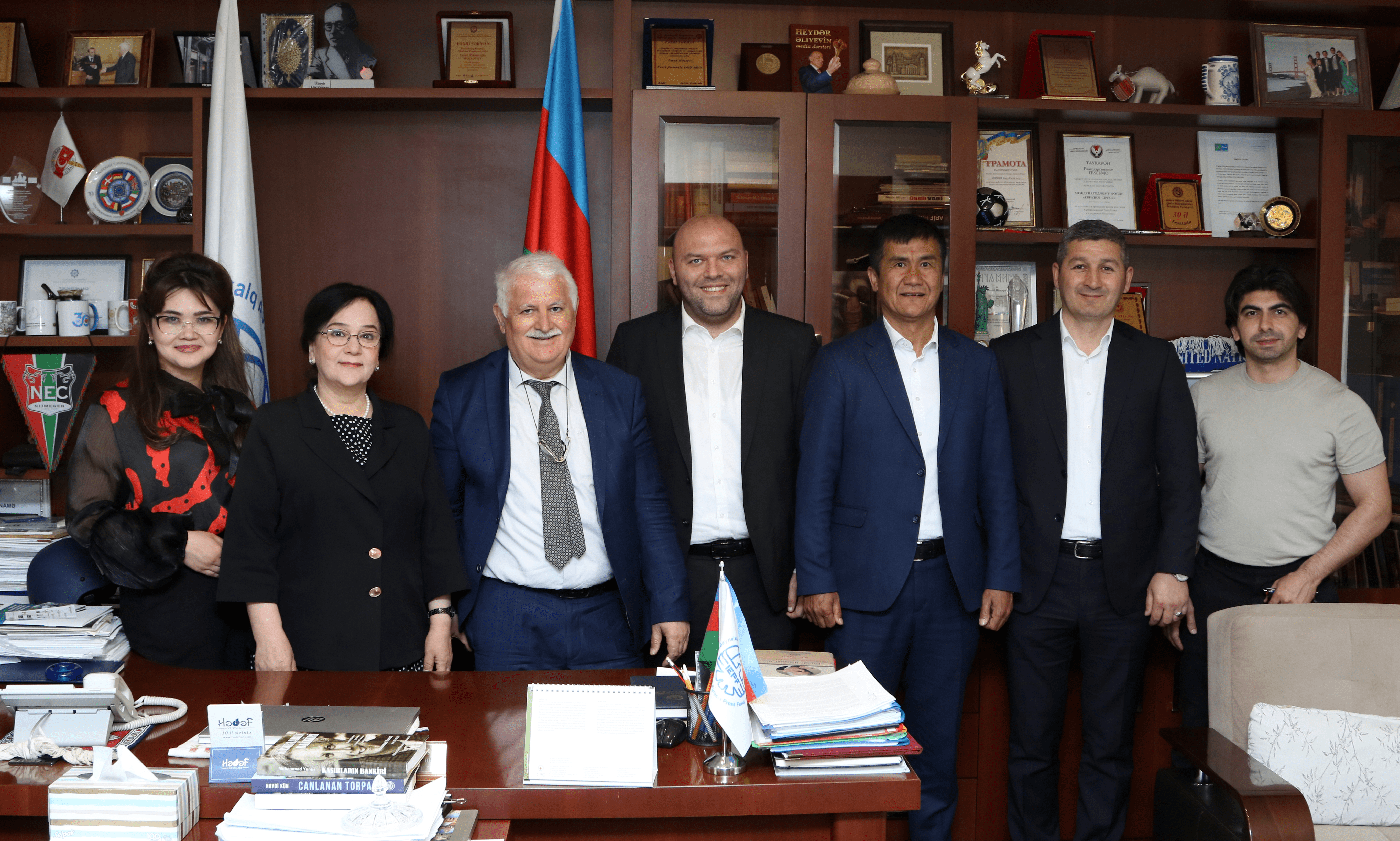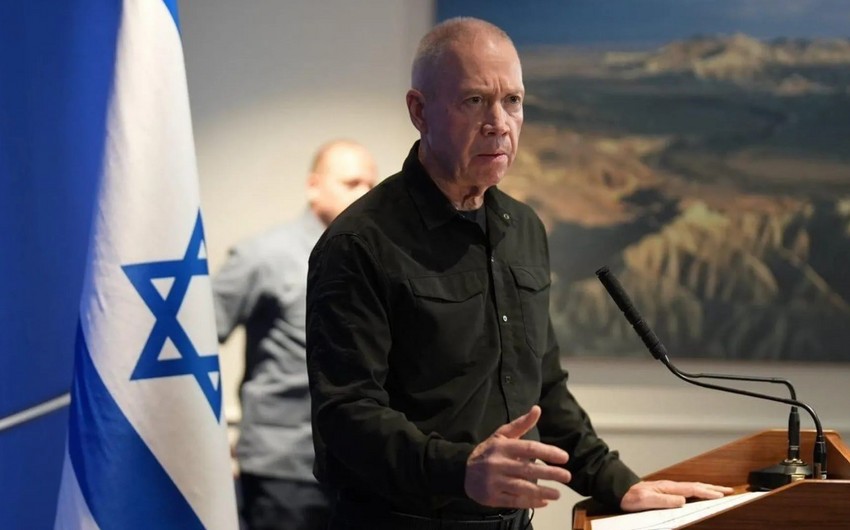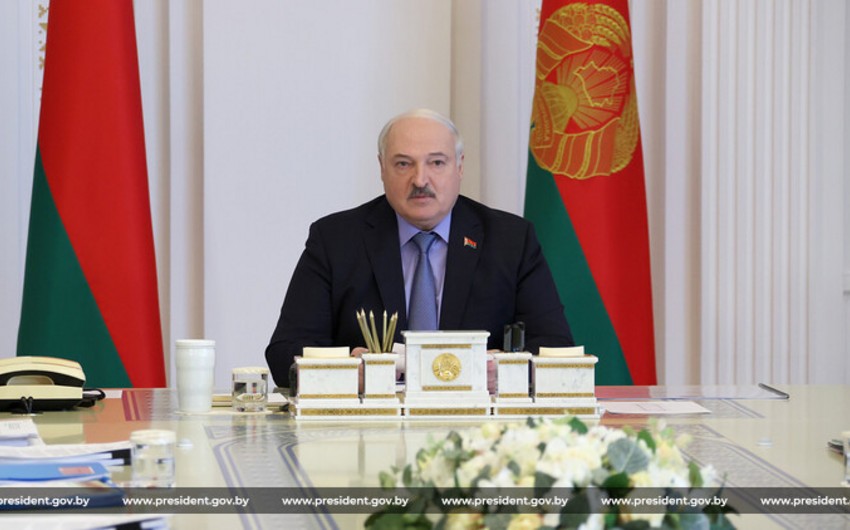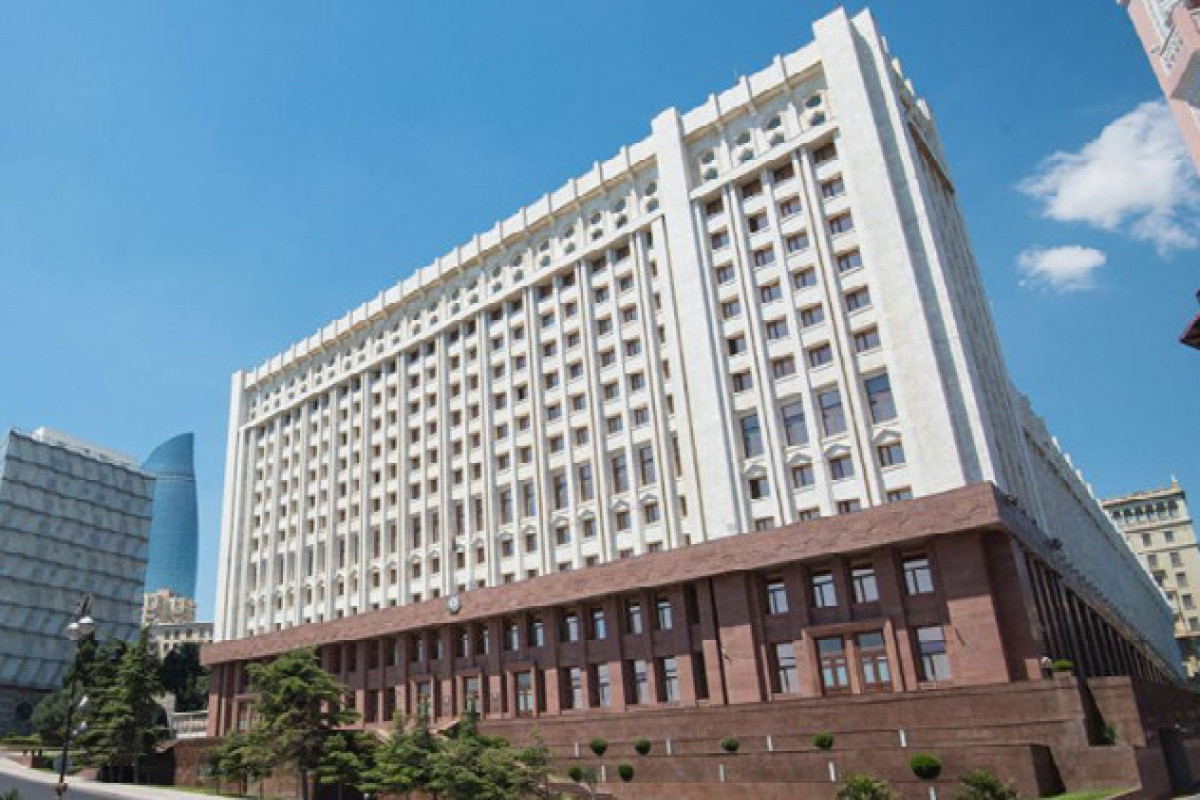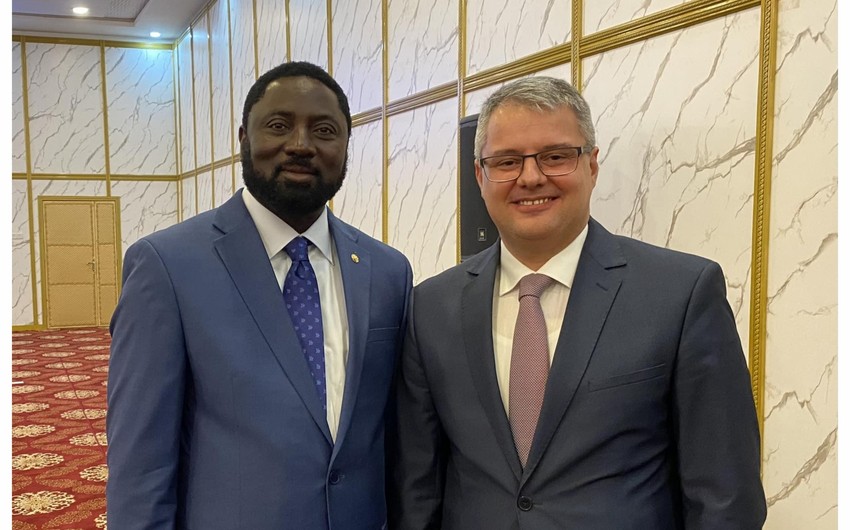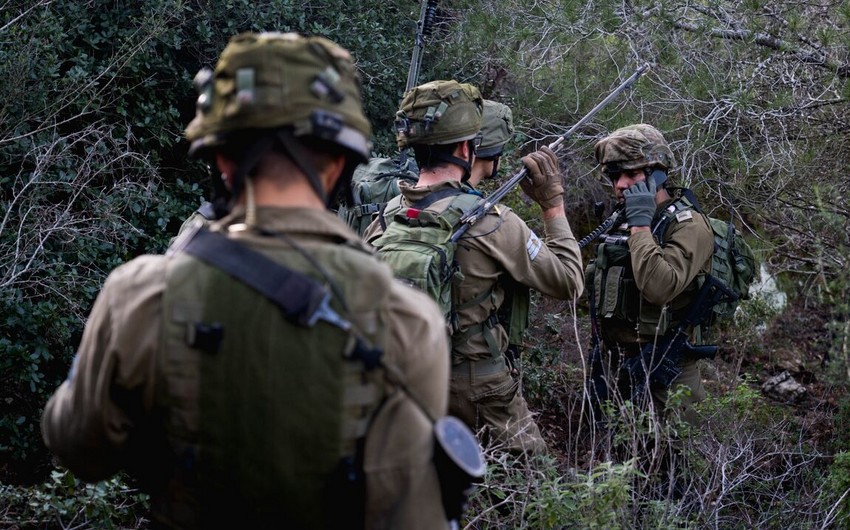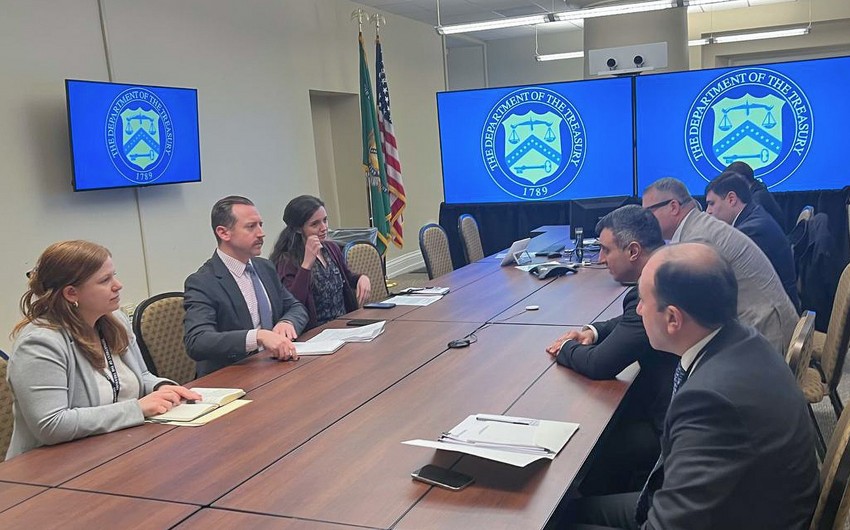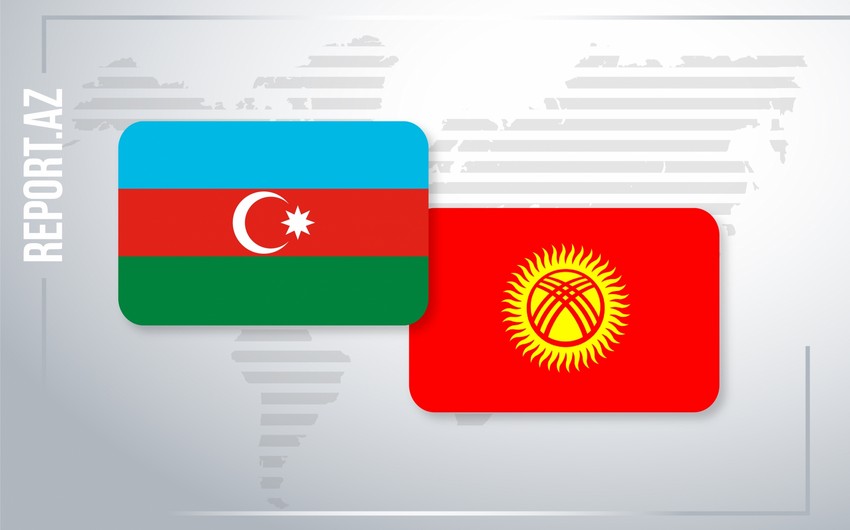Few tragedies have been more misused for political purpose than 1915. First of all, 1915 must be understood in considering the half-century of Armenian nationalist activities against the Ottoman Empire: revolt of Zeytun in 1862, new revolt of Zeytun in 1878, failed plot of Erzurum in 1882, uprising in the same city in 1890, various attacks in 1895, hostage taking at the Ottoman Bank in 1896, Sasun rebellion in 1904, attempt to assassinate Abdülhamit II in 1905, etc. (see, among others, Gaston Auboyneau, La Journée du 26 août 1896 à la Banque impériale ottomane, Villeurbanne : Imprimerie Chaix, 1912).
Then, these realities have to be considered in the context of the Russian expansion toward the free seas and of the First World War. The UK had given up its policy of support for the territorial integrity of the Ottoman Empire, France now needed Russia to survive and Germany, being the enemy of Russia, could not intervene diplomatically in St-Petersburg. The Armenian revolutionaries considered, after the defeats of the Ottoman Empire in the Balkans, that it was their turn. They supported the Russian offensives by three methods: the recruitment of about 50,000 volunteers (Ottoman, Russian, American, Bulgarian Armenians, etc.), including several thousands in autonomous units; the major revolt at Van; and a combination of local revolts, cutting of telegraphic lines and attacks against the few roads of eastern Anatolia sufficiently important for the transportation of supplies for the Ottoman units fighting on the Caucasian front.
Meanwhile, they organized uprisings in Zeytun and neighboring places to prepare a Franco-British landing in İskenderun and/or Mersin, the aim being to cut the only railroad connecting İstanbul to the Arab provinces of the Ottoman Empire. These were small-scale but efficient British landings as well as bombing by French vessels but no major landing, for a series of reasons, including the Franco-British rivalry, practical difficulties and the priority given by London to the operations in Çanakkale (Dardanelles).
The Ottoman government could not use the traditional counter-insurrectional method (defeating the insurgents with major units) because of the mobilization. As a result, they used the technique practiced by the Spanish army in Cuba, by the British army in South Africa and the U.S. army in the Philippines: Forcibly relocating civilians to prevent them from helping the insurgents. On these insurrections and the Ottoman response, see Maxime Gauin “Uneven Repression. The Ottoman State and its Armenians,” in Edward J. Erickson (ed.), A Global History of Relocation in Counter-Insurgency Warfare, London-New York: Bloomsbury, 2019; more specifically on Van, Justin McCarthy, Esat Arslan, Cemalettin Taşkıran and Ömer Turan, The Armenian Rebellion at Van, Salt Lake City, University of Utah Press, 2006; and more specifically about the landings, Edward J. Erickson, “Captain Larkin and the Turks: The Strategic Impact of the Operations of HMS Doris in Early 1915,” Middle Eastern Studies, XLVI-1, January 2010, pp. 151-162.
These insurgents were also war criminals. The practice of killing Muslim civilians by Armenian nationalists began as early as 1862, near Zeytun. The assassination of loyal Armenians started in mid-1890s, for example with the assassination of Garabet Kuyumciyan and Sarkis Kiramciyan in Sivas in 1895. A key example is the assassination of Van mayor Bedros Kapamaciyan by the ARF in 1912.
As early as November 1914, both Armenian volunteers of the Russian army and Armenian insurgents inside the Ottoman Empire began to slaughter Muslim civilians, in several cases with acts of sadism (burning babies alive, opening by the force the mouth of somebody to force him or her to drink the blood of an assassinated member of his/her family, etc.). It is proved both by Ottoman and Russian documents (see, in particular, Mehmet Perinçek [ed.], 11 Aralık 1915 Tarihli Resmi Ermeni Raporu, İstanbul: Doğan Kitap, 2009; Michael A. Reynolds, Shattering Empires. The Clash and Collapse of the Ottoman and Russian Empires, 1908-1918, Cambridge-New York: Cambridge University Press, 2011, pp. 156-158; Kara Schemsi [Reşit Safvet Atabinen], Turcs et Arméniens devant l’histoire, Geneva: Imprimerie nationale, 1919, pp. 36-75). Even a significant part of the Russian officers tried to oppose these crimes. Several Armenian volunteers were sentenced to death and executed by the Russian military justice, thousands were fired in 1915, but the volunteers never were eliminated as a whole, because Russia lacked of soldiers on this front. That is why new waves of massacres took place during the Russian offensives of 1916 and during the Russian retreat of 1917-1918 (a retreat due to the Russian revolutions): At this moment, the Russian officers could not do anything (Vladimir Tverdokhlebov, Notes of Superior Russian Officer on the Atrocities at Erzeroum, 1919).
There is no excuse for the massacres suffered by Armenian civilians, but their extremist coreligionists who butchered Muslims and revivified the Circassians’ recollections of the bloody expulsion of 1864 have a part of responsibility in the counter-massacres. It is more or less the same at Urmia, including acts of sadism (such as opening the belly of children). The small French military mission and one Russian officer here tried, sometime successfully, sometimes in vain, to protect the Muslims from Assyrian and Armenian volunteers in February-March 1918. The Russian officer was assassinated as a warning. The French mission had to leave in April. The volunteers fled, and a counter-massacre against local Christians took place in July of the same year (see, among others, Paul Caujole, Les Tribulations d’une ambulance française en Perse, Paris : Les Gémeaux, 1922; Émile Zavie, D’Archangel au Golfe persique. Aventures de cinquante Français en Perse, Paris: La Cité des livres, 1927 ; and Florence Hellot, « L’ambulance française d’Urmia (1917-1918) ou le ressac de la Grande guerre en Perse », Studia Iranica, XV-1, 1996, pp. 45-82).
It is true that majority of the UN countries (and the UN themselves) have expressed no opinion on the 1915 tragedy. Several states, including UK, Spain and Australia, have even explicitly rejected the “Armenian genocide” claims. However, several others, and not always minor ones, have stated otherwise. A part of the explanation is the systematic practice of physical and verbal violence toward the academicians who disagree with the Armenian nationalists. Another part is the fact that the Armenian nationalists systematically present themselves as an instrument to politicians who have a strong disagreement with Turkey. This is what happened at the U.S. Congress last autumn.
That having been said, the State Department and even more the French Ministry of Foreign Affairs have no special friendship for Armenia. In the U.S., threatening to vote the “recognition” of the “genocide” claims has been a tactic for decades at the American Congress to obtain something from Turkey. In both countries, it is above all a domestic, electoral issue—in terms of votes and financial contributions to the electoral campaigns. On the media fields, the Armenian nationalists take profit of the anti-Muslim prejudices (particularly in the U.S.) and of the very low educational level of the Turkish immigrants and their children. It does not change anything to the fact that the author of these lines has filed an application to the French Constitutional Council against the “recognition” of the “genocide” claims in his country and that, more generally, the fight against the distortion and mutilation of history must continue.
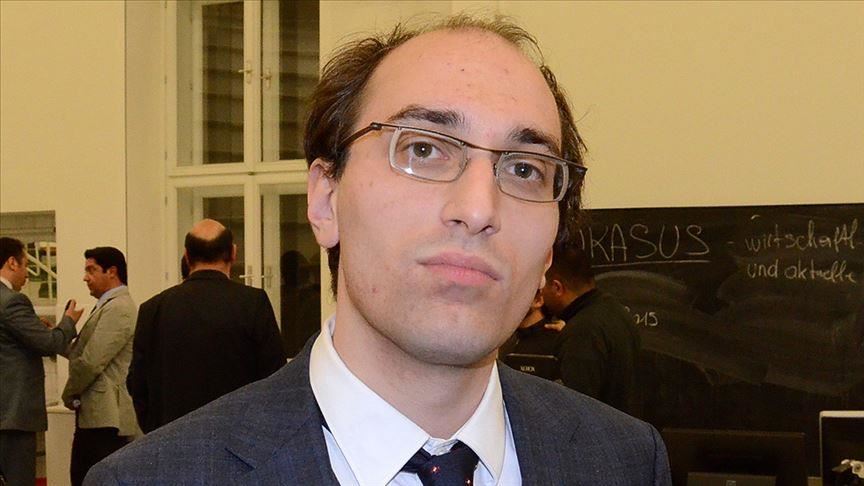
Maxime Gauin has been AVİM’s scholar in residence since August 2012. Gauin got his B.A. in History from université Bordeaux-IIIin 2005 and M.A. in Contemporary History from université Paris-I-Sorbonne and École normale supérieure de Lyon in 2010. He is currently pursuing a Ph.D. degree in History at the Middle East Technical University. Previously, Gauin worked as a researcher at the International Strategic Research Organization (USAK). He has published articles in various academic journals including the European Journal of International Law, the Journal of Muslim Minority Affairs, the International Review of Turkish Studies. He also contributes to different dailies such as Hürriyet Daily News, Daily Sabah, Haaretz, The Jerusalem Post, and Cumhuriyet.
Maxime Gauin’s research focuses on contemporary aspects of the Armenian question and Franco-Turkish relations.

